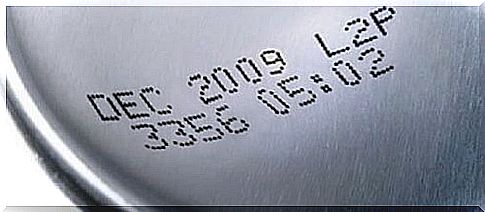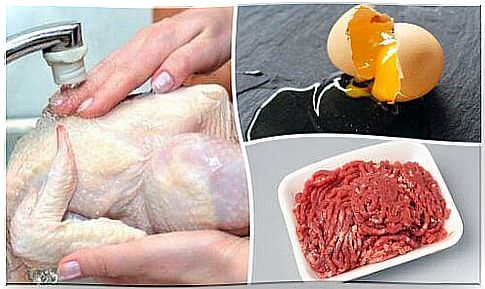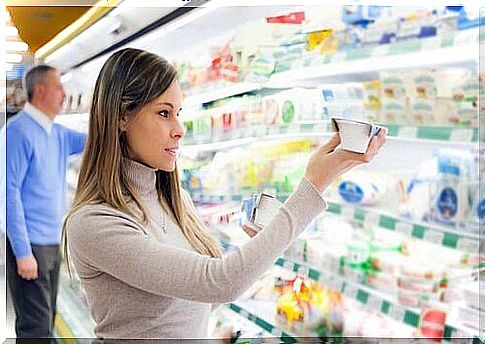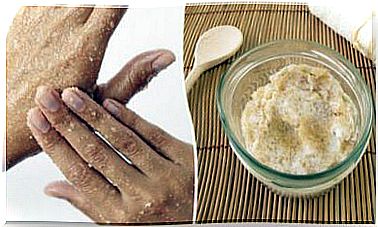How Important Is The Expiration Date On Foods?

Sometimes we give the expiration date the meaning it deserves. Other times, however, we do not pay enough attention to it.
But the truth of the matter is that expiration dates are important.
In this article, we will tell you everything you need to know about them and how to know when to eat foods that have passed their expiration date.
What is an expiration date for?

The expiration date is responsible for measuring the shelf life of food. In other words, it is a number that tells you the time between the food being made and when it begins to break down or does not taste as good anymore.
This date also takes into account several factors such as temperature, light and oxygen. This is because these can change the date.
A food can go out of date in many ways. Either way, everyone needs to be guided through storage techniques. This includes things like cooling or freezing.
In this way, the food can be kept in good condition for a longer period of time.
Either way, this date is important. This is especially true if food is more perishable. After all, these have a higher risk of contaminating your health. This is especially the case for some dairy products and meat.
You may not be aware of this, but it is food that must be marked with an expiration date or a “best before” date determined by law.
Among them we can find wine and alcoholic beverages with more than 10% volume. Although it is true that the passage of time can make these products worse, in this case there is no health hazard.
How can you find the expiration date on foods?

Expiration dates are not used in the same way for all foods. In fact, it appears in several ways:
- Foods that cannot be stored for more than three months should say “best before” or “last day of consumption” on the packaging. This should be followed by the month and day.
- However, if the food lasts for more than three months, it should show the month along with the year.
- If you can store products for more than 18 months, manufacturers must indicate the year the food expires.
What happens to food that is past the expiration date?
First of all, the quality of the product gets worse as the food spends more time on the shelf.
This can be due to many things, including:
- Change in temperature
- Physical transfer of substances to food, such as oxygen, odors and colors
- Changes due to sun exposure
If you want to know the shelf life of your food better, you need to see if these changes have started to show in your food. Finally, you will see if they worsen during storage.
Pay attention to the temperature of the products

There is also something else you need to keep in mind when it comes to storage: the temperature of the products.
If they experience a rapid increase or change in temperature, you may have problems with food safety.
Microorganisms can grow quickly between 4 ° C and 70 ° C. If this happens, your food may be completely contaminated within a few hours.
In addition, there is another aspect you need to be especially careful about: thawing the food. After all, you can start exposing food to bacterial contamination if you do not do this process properly.
To avoid this, all you need to do is make sure you store food properly :
- Observe the temperature during storage. This ensures that pathogenic microorganisms do not reproduce.
- Maximum temperature for food varies between 1.5 ° C and 6 ° C.









